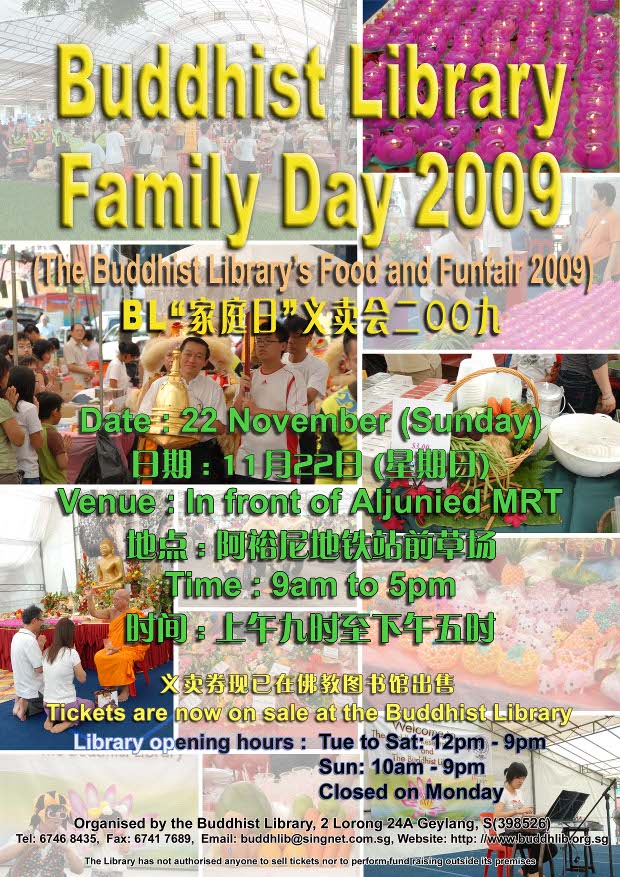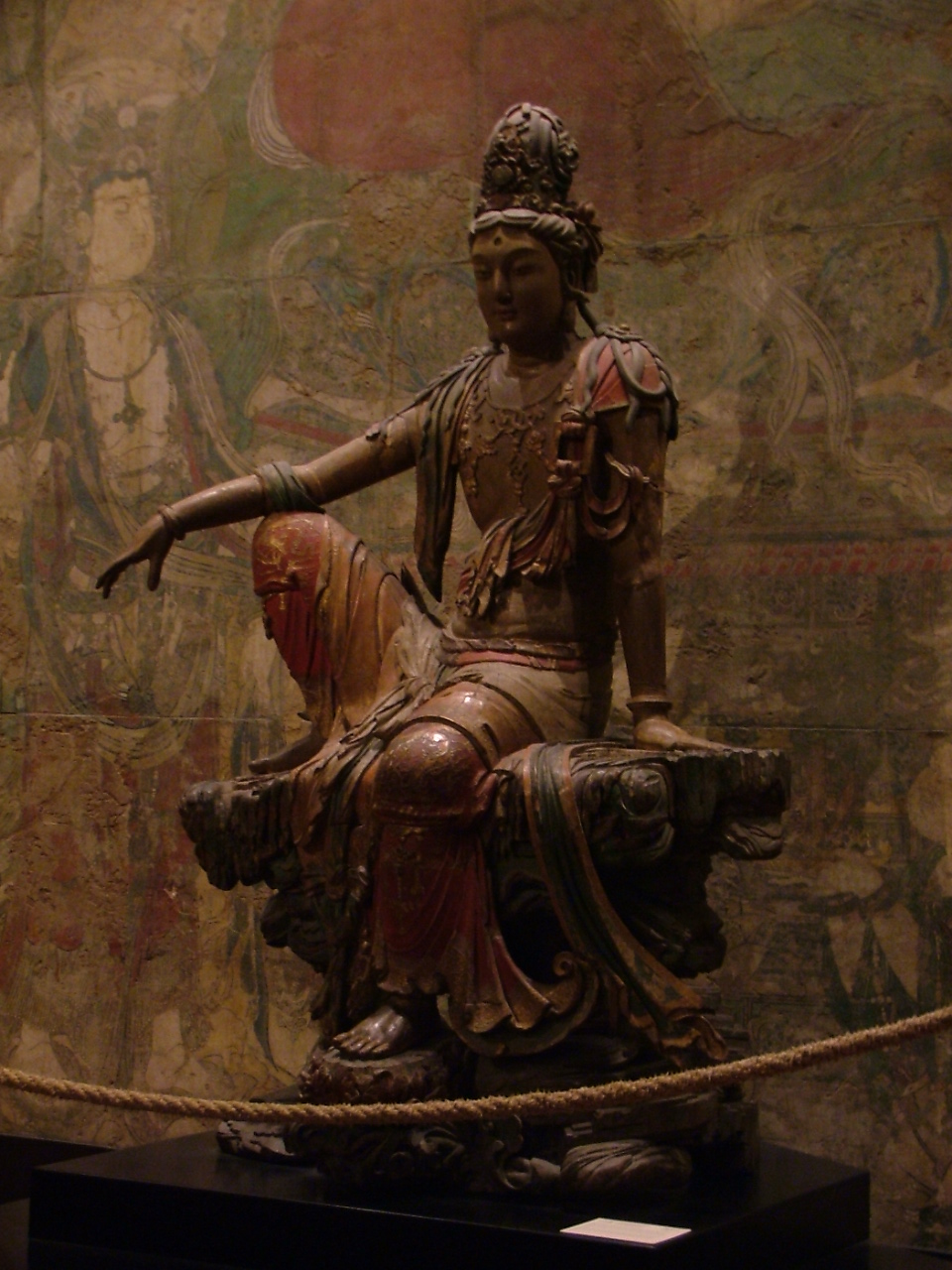I often have people asking two questions in a row, with the first one being “Ven, can I ask a stupid question?”, followed by their actual question. Sometimes I’m like, can I say No?
I sometimes will tell people this: “The only ‘stupid’ questions are those that are not asked!” 🙂
Sometimes we really do not know enough to ask questions; other times we are unconsciously stifled by ourselves to ask questions. We should learn more like kids. Kids will ask anything that comes to mind. There may be many reasons for this, and I reckon, is in part due to A) an openness of their mind to see various aspects of the subject matter and B) the absence of embarrassment of asking.
Their openness is in turn likely due to an absence of assumptions about how things should or should not be while their absence of embarrassment is due to an absence of assumption of who they are and what they should or should not know. As kids grow up, they learn more and more about this world. What they learn become part of their experience of how things are. These become patterns that describes the behaviour of the world we are in. It is this ability to retain patterns, recollect and reuse them that allow us to become wiser or intelligent about the world. This is also what assumptions are about.
The patterns we learn about the world, which we call knowledge, becomes the assumptions we may have in predicting or anticipating a future event. Having the ability to predict future events can be very useful, say when it comes to crossing a busy street. We observe movements of the cars, and colors of the traffic light and we learn that cars in general follow a certain pattern in relation to the traffic lights. These assumptions allow us to cross the streets safely but sometimes when we rely overly strongly on these assumptions, the consequences can be dire. Assuming that cars will stop at the red light can sometimes prove to be fatal, while assuming that pedestrians will not jaywalk can be risky business.
Assumptions in general allows us to not have to overload ourselves in considering all the possibilities in our daily activities. Some people looses this ability and live in paranoia about everything around them. We may be onto something here, but that
is another blog entry. When this assumption mechanism lapse into our learning process, then we loose the ability to see different facets of the subject matter. We are conditioned by our past learnings, our knowledge, to see differently like a child. It is not that the children are super creative or smart, it is that they are not bogged down by the assumptions (knowledge) that we have. So, while assumptions are helpful, we got to learn to relate to them differently and put them aside where suitable.
The other side effect of assumptions is in assuming who we are. Throughout our lives, we play many different roles; we start off as a baby, and then a child, a kid, a student, a teen, a youth, a young adult, an employee, a partner, a spouse, a parent etc etc. Children are very good with playing make believe games and they can switch roles very easily. I believe it is because they do not know or assume themselves to be anything, that is why they can be a fireman at one time, and then a doggie next etc etc. Some adults are good at it too, and they play with kids very well, because they are able to immerse into the kids world and play at the kids level and not be stuck with being an adult.
Some adults however, are not able to step out of a role and switch into another one easily. We probably have met the teacher who sees everyone as a student, the nurse / doctor who sees everyone as a patient and the gambler who sees a winning combination in any number they encounter. As they say, to a hammer, everything is a nail! … oh, and did I mention about how to a monk, everyone is a student in need of a three hour discourse? 😉
If we can step out of our usual role, be it a parent, a manager, a teacher, a policeman, a whatever, and just not assume any role for awhile, then perhaps we won’t have the related assumptions of how we should be or should know. If at all, we should assume the role of a child, and learn in a child-like fashion, then we would not feel embarrassed to ask questions. For if we see ourselves as a child, we would not assume ourselves to know anything. Then we will perhaps be able to ask questions with the openness of a child-like student.
As the Chinese word for ‘knowledge’ goes, “學問” literally means 學Learning-問Asking, so
“As we learn, we ask; and as we ask, we learn!”


